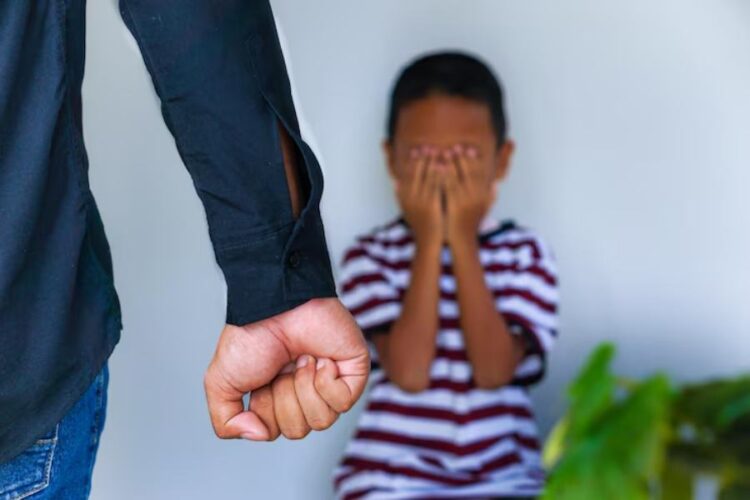When allegations of domestic violence surface during child custody proceedings, the legal landscape becomes significantly more complex. Courts must carefully balance protecting vulnerable parties while ensuring fair treatment for all involved. Domestic violence claims can impact custody decisions making it crucial to understand the legal processes that govern these sensitive cases.
Understanding the Impact of Domestic Violence on Custody Decisions
How Courts Prioritize the Child’s Safety and Well-Being
Family courts universally apply the “best interest of the child” standard when determining custody arrangements. In cases involving domestic violence allegations, safety concerns take precedence over other considerations. Judges evaluate how exposure to violence (whether directly experienced or witnessed) affects children’s physical and emotional development. Witnessing domestic violence can cause significant trauma to children, potentially leading to long-term psychological effects that courts must consider in their determinations.
Types of Evidence Courts Consider in Allegations
Courts rely on various forms of evidence when evaluating domestic violence claims. Police reports documenting incidents, active restraining orders, and medical records noting injuries provide tangible evidence of abuse. Witness testimony from family members, neighbors, teachers, or healthcare providers who observed concerning behaviors or injuries can substantiate claims.
Thorough documentation of incidents, including dates, descriptions, and any communication related to threats or intimidation, will significantly strengthen a case. The credibility of allegations often hinges on consistency, specific details and corroborating evidence.
Legal Challenges Faced By Both Accusers and the Accused
Ensuring Protection Without Misuse of Allegations
Courts face the delicate task of distinguishing between legitimate concerns and tactical allegations made to gain advantage in custody disputes. Family court judges have developed screening mechanisms to identify patterns consistent with actual abuse versus isolated incidents potentially taken out of context. Many jurisdictions use court-appointed evaluators to investigate claims thoroughly before making determinations that affect parental rights.
Due Process Rights for the Accused Parent
Parents facing domestic violence allegations maintain important legal protections, including the right to present evidence refuting claims and cross-examine witnesses. Courts typically issue temporary custody orders during investigation periods to maintain stability for children while allegations undergo thorough evaluation. The accused parent may request expedited hearings to address emergency orders that limit their access to children, recognizing that false allegations can cause significant family disruption.
The Role of Attorneys, Guardians and Evaluators
Guardians ad Litem (GALs) serve as independent advocates representing children’s interests, conducting investigations and making recommendations directly to the court. Mental health professionals perform custody evaluations that assess family dynamics, parenting capabilities, and safety concerns through clinical interviews, psychological testing, and home observations. Expert family law attorneys will help individuals to understand the nuanced dynamics of abuse and its effects on family functioning.
Seeking Resolution Through Informed Approaches
Navigating custody disputes involving domestic violence allegations requires a carefully balanced approach. Courts increasingly implement trauma-informed practices that recognize the complex emotional impact of domestic violence while ensuring procedural fairness. Child-centered decisions focus on creating stability and security for children while acknowledging their need for meaningful relationships with both parents when safe.
The most effective resolutions occur when courts, legal professionals, and parents collaborate to prioritize children’s wellbeing over adversarial positions, establishing custody arrangements that provide both protection and opportunity for healing.










